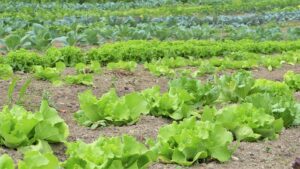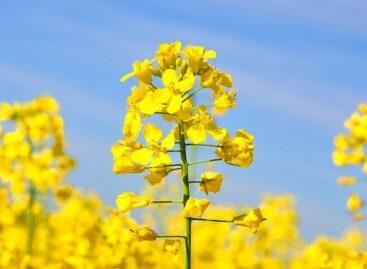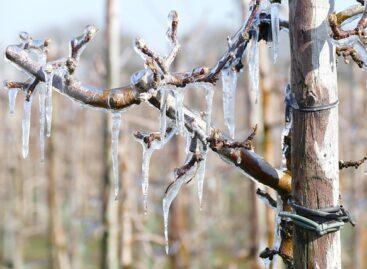Pesticide residues in food: What is the situation in the EU?
The risk to human health from pesticide residues remains low, according to the latest report from the European Food Safety Authority (EFSA) for 2023. The results show that 99% of samples complied with EU legislation.

(Photo: Pixabay)
EFSA analysed the results of more than 13,000 random samples of 12 of the most commonly consumed foods in the EU, Norway and Iceland. The EU’s coordinated monitoring programme (MACP) samples the same commodities every three years to monitor trends. In 2023, these were: carrots, cauliflower, kiwifruit (green, red and yellow), onions, oranges, pears, potatoes, dried beans, brown rice, rye, beef liver and poultry fat. The 2023 results are almost identical to the results of the same food samples tested in 2020 (99.1% of samples complied with the legislation in 2020). 70% of the samples analyzed in 2023 did not contain quantifiable residues, 28% contained residues within the legal limit, 2% exceeded the maximum pesticide residue level, of which, taking into account the measurement uncertainty, 1% ultimately did not comply with the regulations.
The proportion of non-compliant samples increased the most in the case of dry beans and brown rice
Among the non-compliant dry bean samples, the Argentine and Malagasy samples had the highest proportion, while the highest proportion in the case of brown rice was shown by the Indian and Pakistani samples. EFSA’s annual report on pesticide residues also includes the results of the multiannual national control programme (MANCP), which collects data from targeted sampling based on the level of risk. These national control programmes included 132,793 samples, of which 98% complied with EU legislation. The compliance rate of the multiannual national control plan was 97.5% in 2021 and 97.8% in 2022. As part of the analysis of the results, EFSA carried out a dietary risk assessment. Based on the assessment, pesticide residues in the tested foods pose a low risk to the health of consumers.
Nebih
Related news
Rapeseed prices fell worldwide and domestically
🎧 Hallgasd a cikket: Lejátszás Szünet Folytatás Leállítás Nyelv: Auto…
Read more >Related news
The impact of the forint exchange rate on GDP growth
🎧 Hallgasd a cikket: Lejátszás Szünet Folytatás Leállítás Nyelv: Auto…
Read more >








